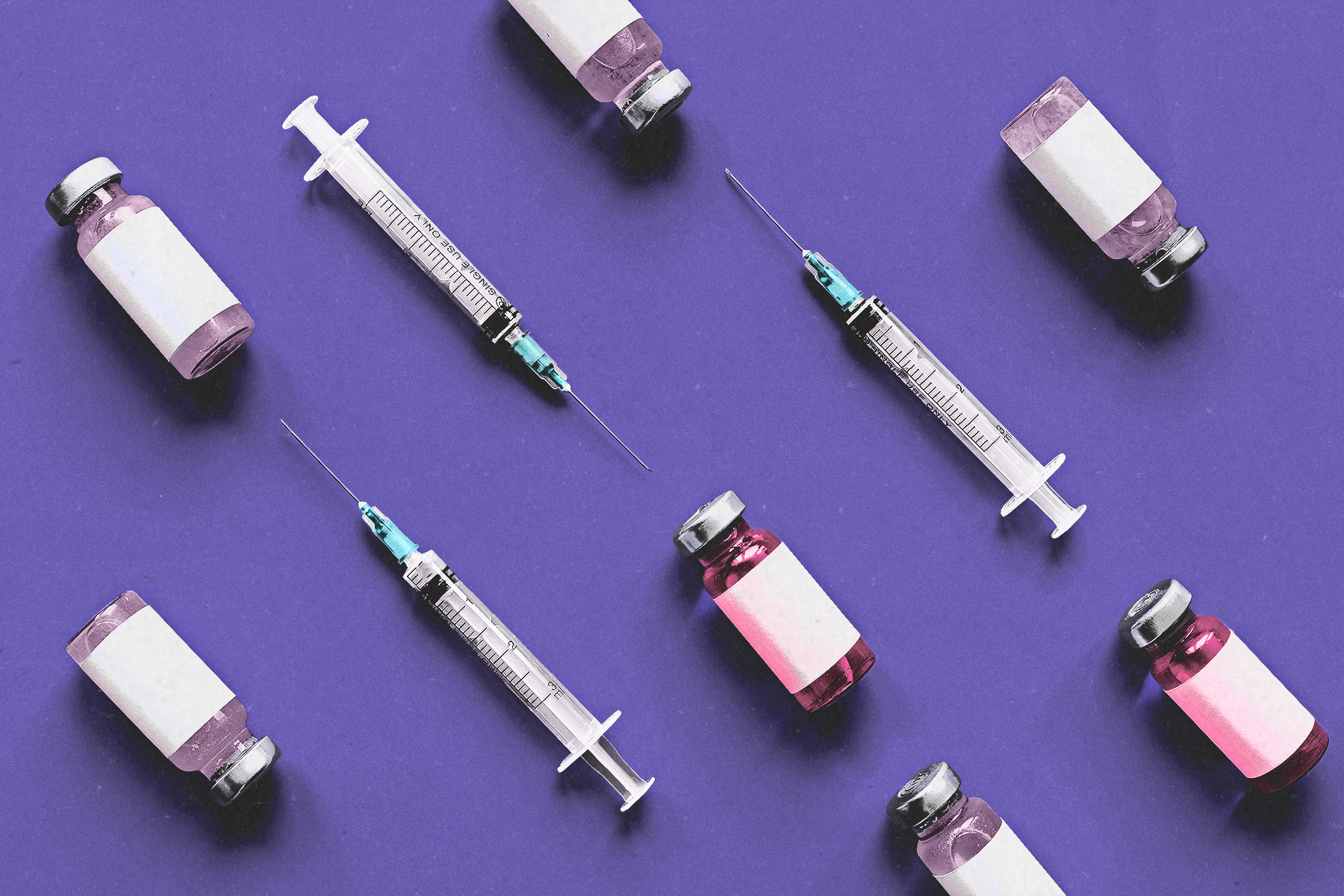Although a majority of Americans are confident that childhood vaccines are highly effective against serious illness, Republicans’ trust in vaccine safety and support of school requirements is dropping, according to new polling from Pew Research Center.
Sixty-three percent of Americans are extremely or very confident in the effectiveness of childhood vaccines, according to a survey published Tuesday. But Democrats and those who lean Democrat are much more likely than Republicans and Republican-leaners to hold that view — 80 percent versus 48 percent.
And while the majority of Americans believe in the safety of vaccines — 53 percent believe childhood vaccines have been tested enough for safety and 51 percent agree that the childhood vaccine schedule is safe — there is significantly more uncertainty among Republicans. For Democrats, 74 percent show high confidence in the safety testing of vaccines and 71 percent believe the childhood vaccine schedule is safe. For Republicans, those numbers are 35 percent and 32 percent, respectively.
“Both things can be true, that people believe in vaccines’ effectiveness overall and the confidence is a little softer on safety,” said Eileen Yam, director of science and society research at Pew who was part of the primary research team. “But writ large, that’s been pretty stable to see confidence in vaccines. But at the same time, when it comes to things like school requirements, or ‘telling me what to do,’ or requiring me to do something — that’s where you see the bristling on the Republican side.”
Americans have become more skeptical of requiring that children get the measles-mumps-rubella (MMR) vaccine to attend public school. Sixty-nine percent support it, a decline from 82 percent in 2016. Most of the drop can be attributed to Republicans — with just 52 percent believing in the requirement, compared to 79 percent in 2016. For Democrats, that support was 83 percent in 2016 and actually climbed to 86 percent this year.
This all comes amid a major measles outbreak in the United States that started in Texas and has spread to multiple other states. And while students are required in each state to get the MMR vaccine to attend public school, officials in Florida have indicated a willingness to drop that requirement.
Pew found broad and consistent support for the MMR vaccine: 84 percent believe its benefits outweigh its risks (of which there are minor side effects). When Pew first started asking about this in 2016, support was at 88 percent. Yam said the findings show some agreement on the benefits of the MMR vaccine. While 92 percent of Democrats believe the benefits of the vaccine outweigh the risks, 78 percent of Republicans do, too.
Health and Human Services Secretary Robert F. Kennedy, an anti-vaccine activist who has revamped a key panel that helps decide vaccine policy, has questioned the safety of the MMR vaccine without evidence. He has the backing of President Donald Trump, who has perpetuated misinformation this year about childhood vaccines.
Pew surveyed parents and found a majority with minor children (57 percent) say they are extremely or very confident in childhood vaccines’ effectiveness. Republican parents are far less likely than Democratic parents to have that confidence (45 percent versus 71 percent), belief in safety testing (29 percent versus 63 percent) and the childhood vaccine schedule (27 percent versus 58 percent).
Democrats are more likely than Republicans to say medical scientists should have a major role in decisions about childhood vaccines (85 percent vs. 62 percent). There are more partisan fissures on the role of parents: 71 percent of Republicans say that parents of young children should have a major role in policy decisions about childhood vaccines. For Democrats, it’s 46 percent.
“That speaks to just a divergence in trust in science that we’ve been tracking since before the pandemic,” Yam said. “Just Republicans since the pandemic, their confidence in scientists, the way they look at the CDC has just dropped off much more than on the Democrat side. Democrats have had fairly stable views on scientists and on the CDC, in contrast to Republicans.”
Pew also examined how recent Centers for Disease Control and Prevention recommendations have influenced Americans’ decisions around getting a COVID-19 shot. The agency recently agreed with Kennedy’s new vaccine panel to stop recommending the shot to everyone and to instead leave the choice up to people. Forty-four percent say they have heard nothing at all about the CDC’s changes to recommendations. Among those who have heard at least a little, 63 percent say it has had no influence on whether they got an updated vaccine.
“The one big takeaway there is that policies really can’t influence behaviors if people haven’t heard about the policies or the recommendations,” Yam said. “And in this case, a lot of people haven’t heard about it, and some when they have, their minds were made up. They’ve already kind of decided, and it really didn’t influence their behavior one way or the other.”






